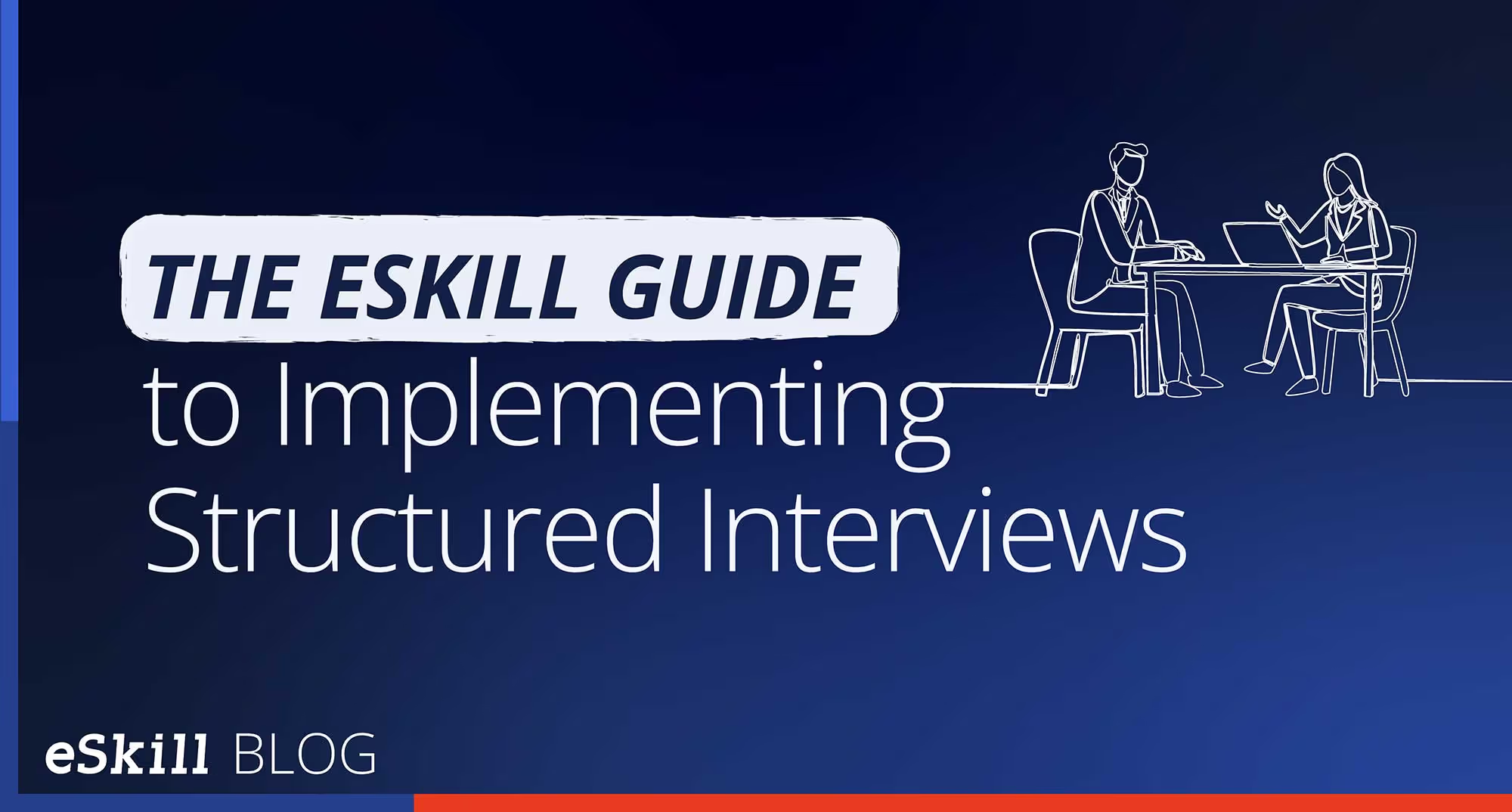Most human resources professionals and managers are familiar with the acronym KSAs, which stands for knowledge, skills, and abilities. We hire on the basis of KSAs. We promote on the basis of KSAs, generally anyway. Often these terms are used almost interchangeably, or in just one big mouthful of KSAs, without making a distinction between the terms. Distinctions are important, however, particularly if you are trying to determine the traits a candidate or employee possesses. Let’s look at the distinctions.
Knowledge
According to Dictionary.com, knowledge is defined as:
Acquaintance with facts, truths, or principles, as from study or investigation; general erudition.
I will illustrate with a personal example. In my younger days, I wanted to be a better mechanic. I took a correspondence course on repairing car carburetors (back in the days when cars had such devices). I read the material. I passed tests. I had the knowledge of how a carburetor worked, yet I had never actually worked on one. I was lacking the next component in the acronym of KSA: I did not have the skill to work on one.
Skills
Referring to Dictionary.com again, we find that skill can be defined as:
Competent excellence in performance; expertness; dexterity.
Skills can be improved over time and with practice. The skills employers look for vary according to the requirements for each unique position. Applicants can be assessed for their skill level in a job’s required areas either through demonstration or by testing, using tools such as those offered by eSkill.
Returning to my personal example of the carburetor, I had never disassembled one and, since my correspondence course, I no longer remember the parts or their location in the device—if you’ve ever assembled a car part, you know it is never good to finish your assembly and have pieces leftover.
An example of a skill is sales. As a sales recruiter, I interviewed hundreds of sales candidates, and I heard every answer imaginable about how to handle sales. As a result, I have acquired the knowledge to be able to sell software, but not the skill. I have never actually spoken a word to software clients nor made an appointment to meet them nor closed a deal. I can’t demonstrate that I have the skills to be a sales representative, but given my knowledge, I may have the ability to work in sales.
Ability
Referring to my trusted site, Dictionary.com, I find that ability is defined as:
The power or capacity to do or act physically, mentally, legally, morally, financially, etc.
While ability is related to skill, it is slightly different. Ability means I am capable of doing something but may not be able to do it as well as another individual. Some abilities, such as a human’s ability to run, are believed to be innate, but even innate abilities can be improved, much like skills. Abilities are enhanced by knowledge. Just because a person has the ability to do something does not mean he or she will do it well or efficiently. More training is the key.
The Hiring Process
When hiring, we try to determine if employees have the appropriate KSAs to be effective in the job. We have to determine the KSA level they need for a particular job. Employees can close gaps in their knowledge by taking classes. They can improve their skills through training and repetition, so missing skills may not be a big concern in the initial hiring phase. To me the most important component an employee needs is ability. We need to know if a candidate has the capacity to learn, or has the capacity to physically perform the job or has the dexterity to manipulate the tools necessary to complete the work.
In today’s increasingly fast and complex world, knowing that a candidate has the ability or capacity to perform may be the most critical factor in hiring. Assessments and skills testing can be invaluable in selecting employees who are going to be highly flexible and adaptive in the workplace. Having the ability to learn new things quickly is a critical component of future work. If you need someone who can perform almost immediately, then demonstrated knowledge and skill necessary. The proper assessment tools will be invaluable in that selection process.
The important thing for employers is “know thyself.” Know the level of KSAs needed for each position, and then find the right tool to help you hire the best employees.
eSkill has the vision of providing the most relevant and valid tests for any skilled job. Each position at every company is different from all others, and assessments that measure a candidate’s fit should reflect that reality by being as realistic as online technology allows and customizable to the very question.

Get ademo.






